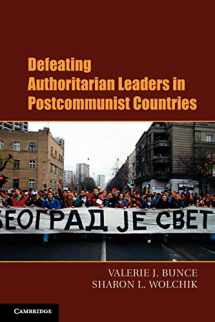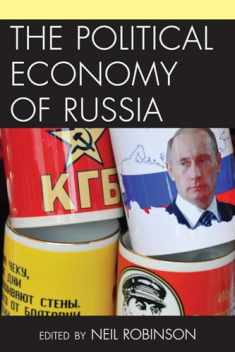
Defeating Authoritarian Leaders in Postcommunist Countries (Cambridge Studies in Contentious Politics)
Book details
Summary
Description
From 1998 to 2005, six elections took place in postcommunist Europe and Eurasia that had the surprising outcome of empowering the opposition and defeating authoritarian incumbents or their designated successors. Valerie J. Bunce and Sharon L. Wolchik compare these unexpected electoral breakthroughs - with one another and with elections that had the more typical result of maintaining authoritarian rule. They draw three conclusions. First, the opposition was victorious because of the hard and creative work of a transnational network composed of local opposition and civil society groups, members of the international democracy assistance community, and graduates of successful electoral challenges to authoritarian rule in other countries. Second, the remarkable run of these upset elections reflected the ability of this network to diffuse an ensemble of innovative electoral strategies across state boundaries. Finally, elections can serve as a powerful mechanism for democratic change. This is especially the case when civil society is strong, the transfer of political power is through constitutional means, and opposition leaders win with small mandates.


We would LOVE it if you could help us and other readers by reviewing the book
Book review





